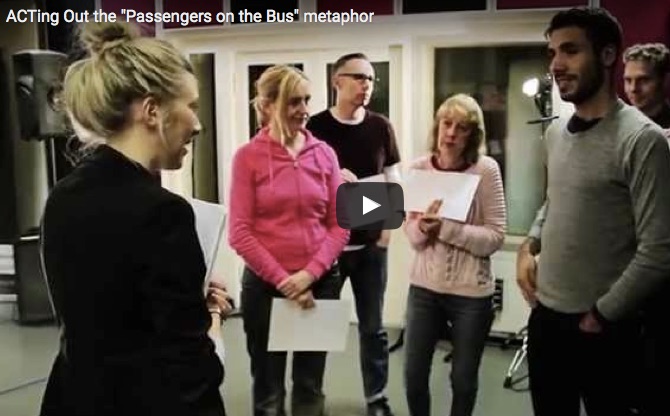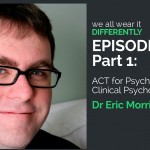How to run Acceptance and Commitment Therapy groups for people with psychosis – paper published
Excellent to have an “in practice” paper published in the Journal of Contextual Behavioral Science: Butler, L., Johns, L.C., Byrne, M., Joseph, C., O’Donoghue, E., Jolley, S., Morris, E.M. and Oliver, J.E., 2015. Running acceptance and commitment therapy groups for psychosis in community settings. Journal of Contextual Behavioral Science. Abstract: In this paper, we discuss …







